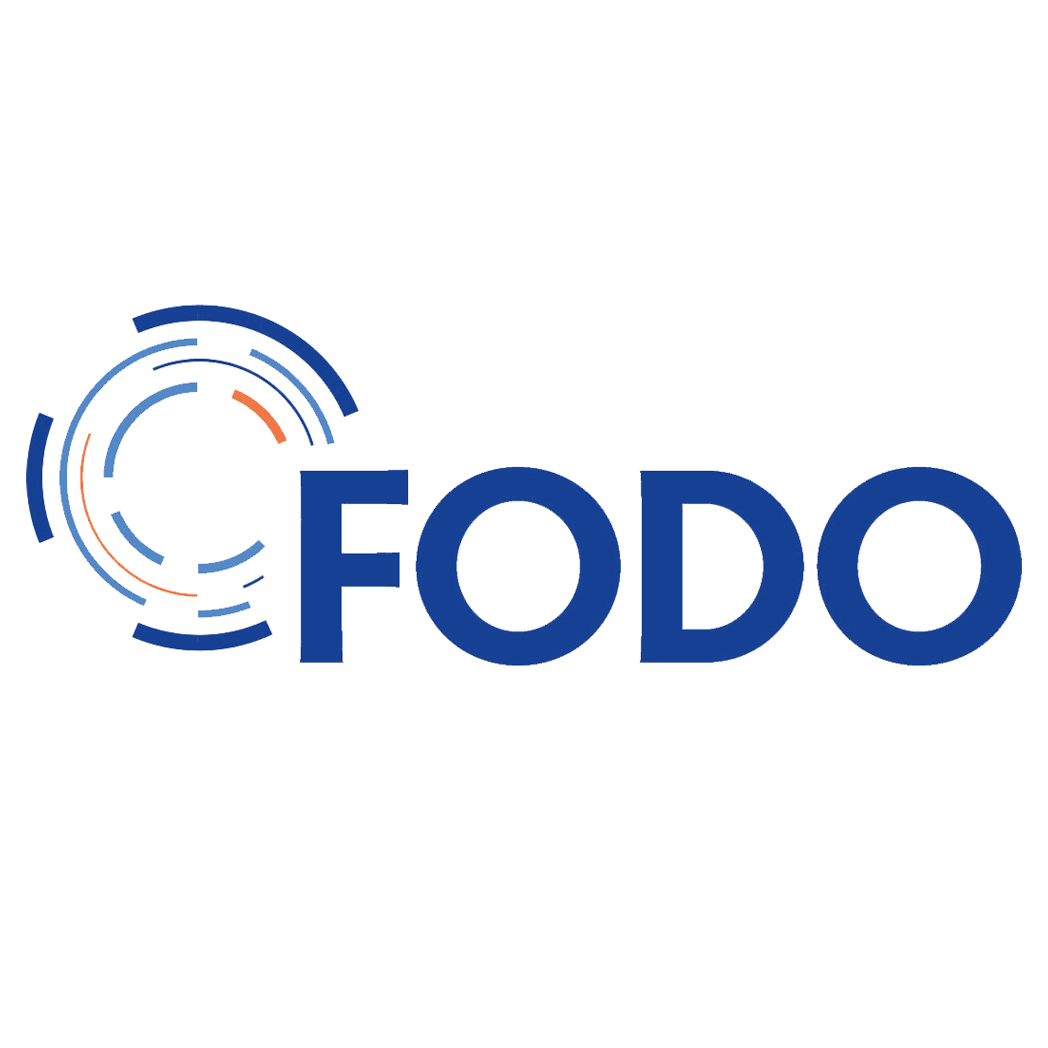16 June 2020
Covid-19 update
In this update:
- Remobilisation plan – Scotland
- GOC and College update – opening in England
- NHS support for patients who are shielding
- First coronavirus treatment approved for NHS
- Non-contact tonometry safe to use
Remobilisation plan – Scotland
Dr Janet Pooley, Optometric Adviser, Scottish Government, has written to the profession about the remobilisation of NHS ophthalmic services.
The letter confirms that practices will be asked to re-open for face-to-face essential and emergency care during phase 2 of the pandemic response and advises practices should now start to prepare to re-open. It also confirms that Emergency Eyecare Treatment Centres (EETCs) will close during phase 2.
Phase 3 will see practices focus on essential and emergency care but also start to increase non-routine care being offered to patients. If deemed safe at this stage, there are plans to also start to re-mobilise some domiciliary care.
Optometry Scotland has welcomed the letter and issued this advisory note for practices to prepare for re-opening.
FODO members can use the Covid-19 framework for primary eye care providers to prepare for re-opening, including this flow diagram which summarises the guidance.
GOC and College update – clarify ‘re-opening’ in England
The GOC and College of Optometrists have clarified their Friday 12 June statements. The GOC today advised registrants to continue following professional guidance, including amber guidance from the College of Optometrists, which the College has welcomed.
The College’s FAQs on the Amber phase state that practices and practitioners can now start to offer “care on a ‘needs led’ basis”.
The College explains that this includes “where the patient is anxious or concerned about their eyesight or ocular health, is affected by a minor reduction in vision, needs a replacement pair of spectacles or contact lenses and is unsuitable for a remote supply or is in an at-risk group requiring a regular examination. For these patients, it is appropriate to arrange face-to-face consultation following a remote triage appointment.”
In another FAQ the College reiterates the importance of using a remote triage process to assess needs and prioritise face-to-face appointments, advising not to prioritise “low-risk asymptomatic patients”.
This means practitioners should start by prioritising those with the greatest needs but can see other patients too. In all circumstances practices and practitioners should adhere to infection prevention and control guidance. Members can do this by following our Covid-19 framework for primary eye care providers.
If you need any help, wherever you are based in the UK, we are here to support members seven days a week during the pandemic. If you have any questions, including about any traffic light colour where you are, email us at [email protected] or call us on 020 7298 5151.
NHS support for patients who are shielding
The NHS in England has published guidance on NHS care for patients who are shielding. In terms of optometry and audiology, the guidance says:
“Ensure patients continue to access regular checks, screening and treatment where needed, both for both physical health and mental wellbeing. In specialties such as audiology, dentistry and eye care careful consideration should be given to the benefits of intervention against the potential risks, if remote checks are not possible. These regular checks and treatments should form part of an individual’s care plan or health ‘passport’.”
First coronavirus treatment approved for NHS use
An anti-inflammatory drug, dexamethasone, has been approved to treat hospitalised Covid-19 patients in the UK who require oxygen, including those on ventilators.
The approval comes following a randomised trial involving over 6,000 patients, with 2,104 receiving dexamethasone. The trial is reported to result in a 20% risk reduction of mortality and earlier discharge from hospital. Patients hospitalised and not on oxygen did not benefit from the treatment. Read more.
Non-contact tonometry safe to use
The College of Optometrists and Royal College of Ophthalmologists have confirmed that NCT is no longer classified as an aerosol generating procedure (AGP).
The Colleges have said that expert consensus, based on more recent evidence, is that there is a low likelihood of viral particles in the tears and conjunctiva. Therefore, the use of NCT “is unlikely to pose a significant risk to staff or other patients when undertaken in patients without active Covid-related conjunctivitis”.
They go on to advise that, following a local risk assessment, it is now “acceptable to restart the use of air puff tonometry”. As well as following practice infection prevention and control procedures, they recommend that after each use:
- The instrument head is wiped with an appropriate disinfectant wipe
- You perform three puffs between each patient to help “clear the tip”.

Stay up to date
Subscribe to
our newsletter
Get eye sector updates directly to your email inbox by signing up to our newsletter.
You can inform us at any time if you'd like us to stop sending you these communications.
Press enquiries
Media enquiries should be directed to [email protected] or call 020 7298 5151.
We are happy to put you in touch with our expert policy advisers who can comment on a variety of issues.

 Patients and public
Patients and public
 Policymakers
Policymakers Members
Members News and views
News and views
